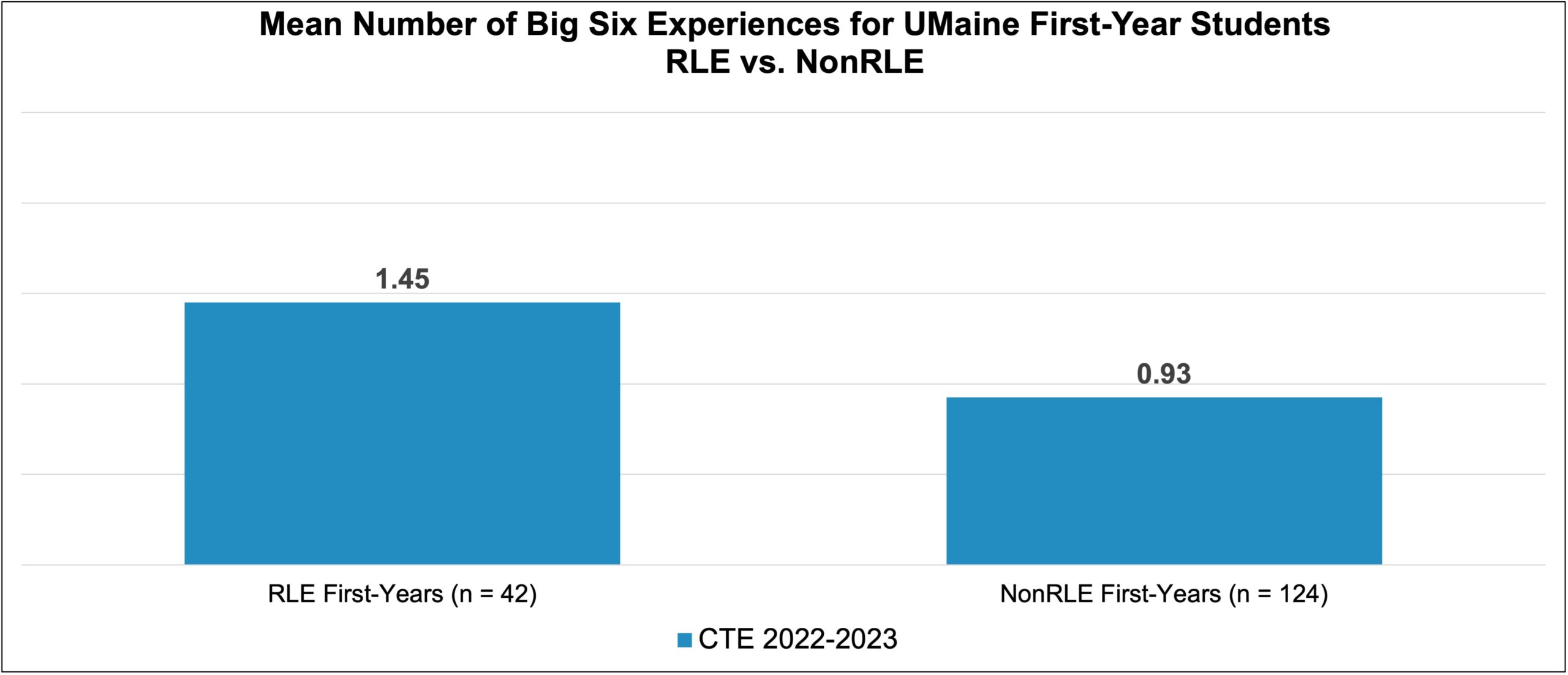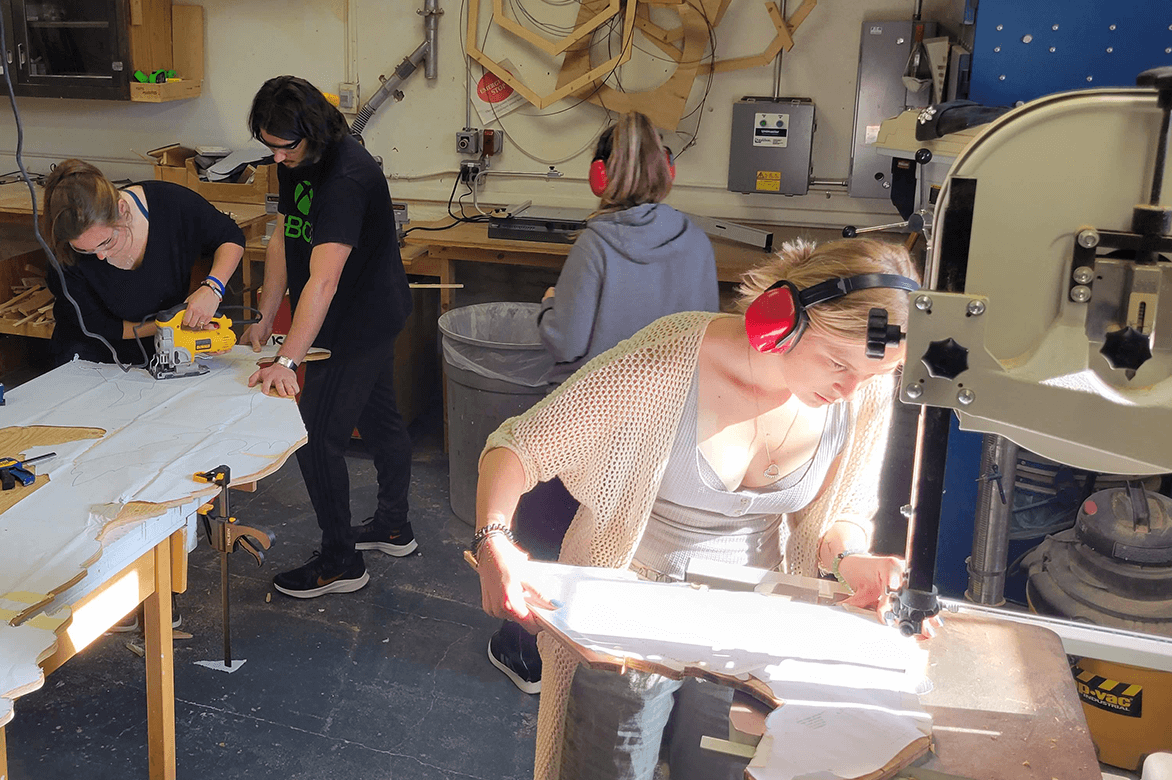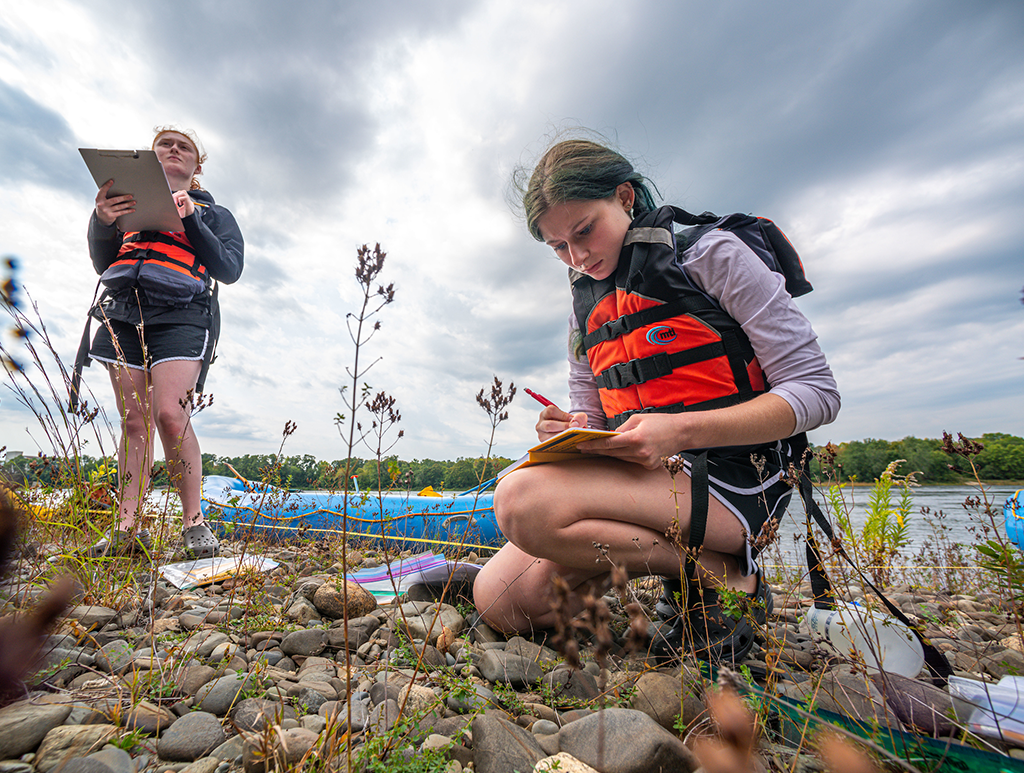
UMS Transforms
UMS Transforms is a three-part initiative from the University of Maine System (UMS) to bring transformative change in public higher education in the state, strengthen its economy and workforce and prepare future leaders with the skills needed to solve the most pressing global and local challenges. UMS Transforms works collaboratively across the state system’s seven universities to incorporate life-transformative education through three major initiatives: Pathways to Careers (PTC), Research Learning Experiences (RLE), and Gateways to Success (GTS).
Pathways to Careers
Pathways to Careers is focused on infusing, across the University of Maine System, a more deliberate, visible, and effective set of activities that ensure our UMS-wide commitment to effective career placement.
Research Learning Experiences
Hands-on experiences in the workforce during college can be critical for students to set their career goals and to land their first job after graduation. The value of these experiences can vary widely, however, and without adequate support, high-impact internships may only be available to a small subset of students. Research Learning Experiences (RLEs) allow first- and second-year students to engage in research and hands-on learning at the start of their college careers, setting them up for success and purposeful work throughout their lives.
Gateway to Success
Gateway to Success (GTS) improves student academic success and degree progress in the first and second years by focusing on “Gateway Courses,” which incorporate evidence-based teaching and learning practices to improve student outcomes. These practices include introducing learning assistants into the classroom, training peer tutors, and establishing Supplemental Instruction frameworks. Learning assistants are student mentors trained in evidence-based active learning techniques who facilitate discussion and learner engagement. The learning assistant model not only provides training for in-class undergraduate learning assistants, but also allows for modification of the course pedagogy to increase active learning and metacognition opportunities for students.
UMS Transforms promotes experiential learning and purposeful work both in and out of the classroom by:
- Expanding access to internships and experiential learning with employer partners.
- Preparing students to get the most out of internships, co-ops, and practicums.
- Working with external partners to design experiences that maximize student experiences.
- Increasing career placement, satisfaction, and performance.
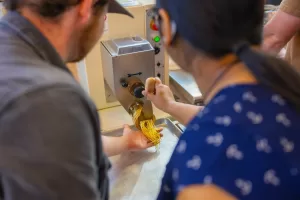 |
… |
The Chronicle of Higher EducationA New Way to Build Belonging: Freshman Research |
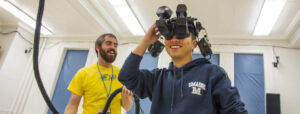 |
… |
LearningWellResearch and Belonging at UMaine |
Two years after launch, two universities in the UMaine System, UMaine and UMFarmington (UMF), had 20% of their first-year students participating in Research Learning Experience. Across 7 universities in the fall of 2023, there were over a thousand placements available.
Compared to those who didn’t participate, students in RLEs were more likely to report feeling supported or strongly supported by their classmates (68% of RLE students, compared to 45% of non-RLE students).
RLE students showed higher growth in feelings of belonging to UMain, belonging in their course, morale, reflection and research identity.
RLE first-years report more Big Six experiences than non-RLE first year students.
